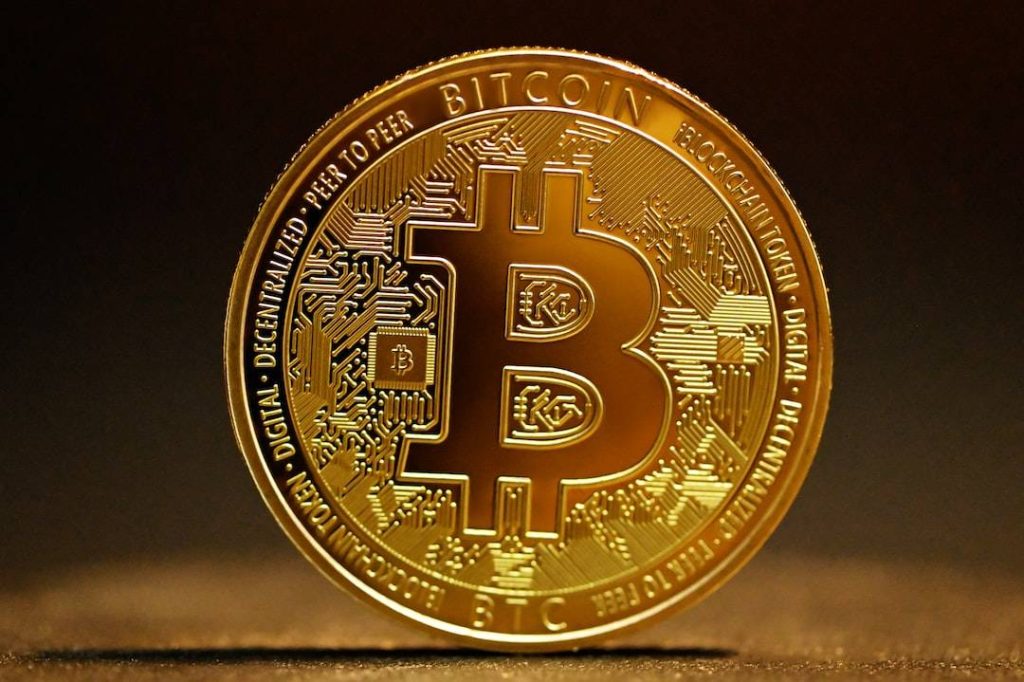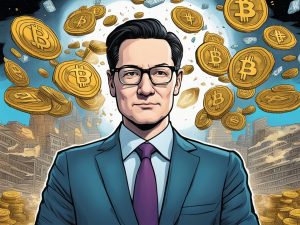Summary:
Fitch downgraded the U.S. government’s credit rating due to the national debt and deteriorating politics. This is only the second time in history that the U.S. credit score has been downgraded. The decision highlights the impact of political polarization and standoffs over spending on U.S. taxpayers. However, Treasury Secretary Janet Yellen and JP Morgan CEO Jamie Dimon downplayed the downgrade. The downgrade is significant in the era of Bitcoin, as it puts pressure on the dollar to compete with cryptocurrencies. Bitcoin’s appeal lies in its limited supply and deflationary nature, offering an alternative to a weak savings instrument affected by inflation. Over the next decade, the U.S. dollar is expected to continue its exponential growth in supply, raising doubts about the potential returns of U.S. Treasuries compared to Bitcoin.
Main Breakdowns:
– Fitch downgraded the U.S. credit rating to AA+ due to the national debt and politics.
– Growing political polarization and standoffs over spending and taxes could increase borrowing costs for the U.S. government.
– Treasury Secretary Janet Yellen and JP Morgan CEO Jamie Dimon downplayed the significance of the downgrade.
– The downgrade highlights the need for the dollar to compete with cryptocurrencies like Bitcoin.
– Bitcoin’s limited supply and deflationary nature make it an attractive alternative to a weak savings instrument affected by inflation.
Hot Take:
The downgrade of the U.S. credit rating by Fitch underscores the growing importance of Bitcoin in the era of digital currencies. As the U.S. dollar faces challenges from inflation and exponential growth in its supply, Bitcoin offers savers and investors a more attractive option. With its limited supply and global network, Bitcoin provides a deflationary currency that can protect against the devaluation of traditional currencies. While the short-term returns of U.S. Treasuries may fluctuate, the long-term potential of Bitcoin seems more promising. As the cryptocurrency market continues to grow, it is essential for individuals to consider alternative investment options beyond traditional financial instruments.





 By
By
 By
By


 By
By
 By
By